
bell hooks’ “Ending Female Sexual Oppression” (1984)
Call for the redefinition of sexuality beyond both repression and uncritical “liberation,” while challenging male-centered norms and even internal feminist divisions rooted in rigid ideas of sexua…
bell hook’s “Feminist Movement to End Violence” (1984)
Ending violence requires disrupting deeply ingrained social norms by exposing how violence is sustained by hierarchical systems of domination rather than merely addressing individual acts of abuse.
Hazel V. Carby’s “On the Threshold of Woman’s Era” (1985)
Black feminist thought arose through Black women’s resistance to racist, sexist, and imperial systems, challenging white supremacy and patriarchal power.
Angela Davis’ “Racism, Birth Control and Reproductive Rights” (1981)
Black women’s lived experiences disrupt dominant narratives of progress and choice, challenging the idea that reproductive rights are universally emancipatory.
Audre Lorde’s “The Master’s Tools Will Never Dismantle the Master’s House” (1979)
White feminist frameworks cannot dismantle patriarchal power because they ignore crucial intersections of race, class, and sexuality.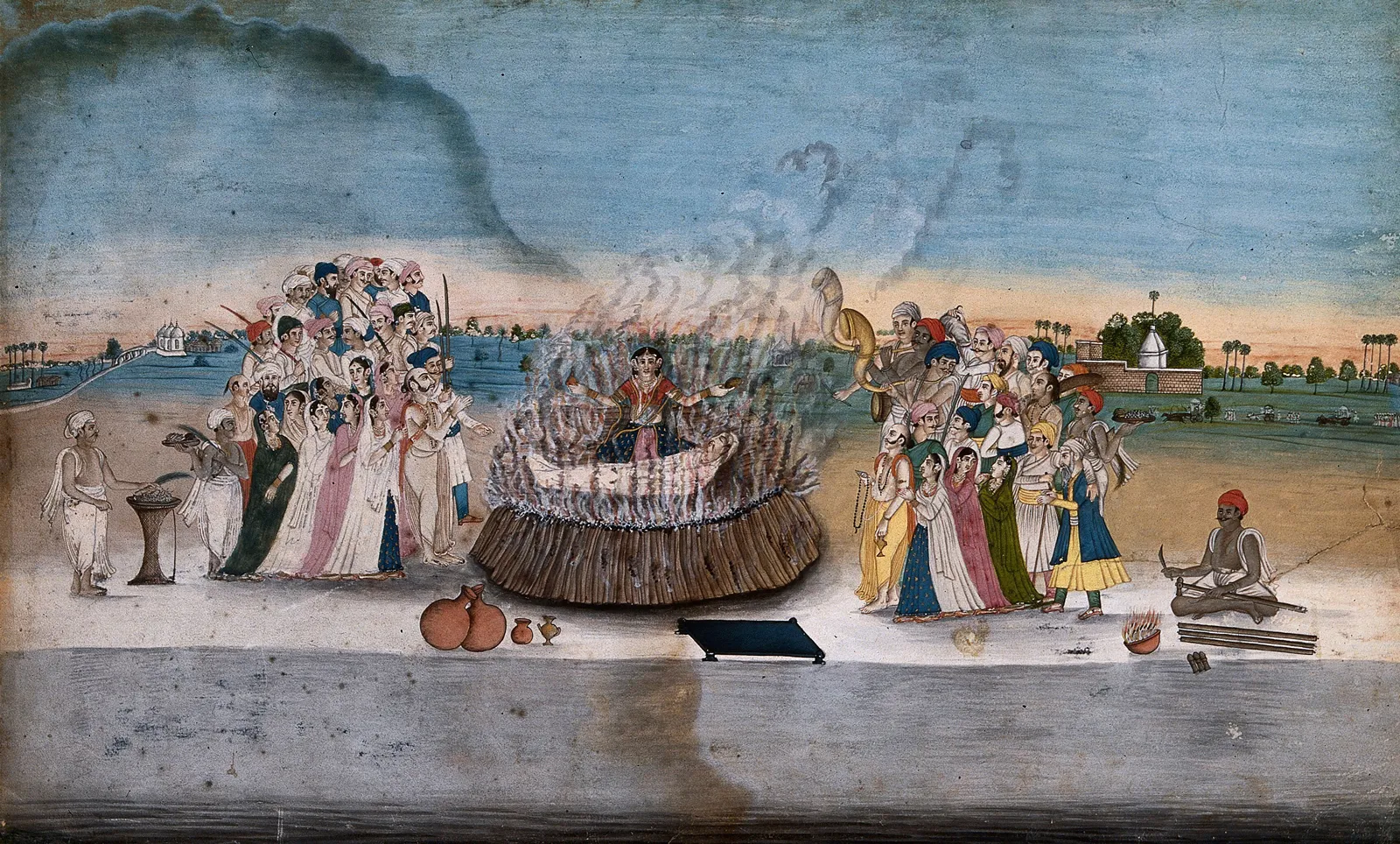
Ania Loomba’s “Dead Women Tell No Tales”
Representations of the sati-widow from the colonial era to the postcolonial period uncover deep fractures in the colonial, patriarchal, nationalist, and feminist systems that tried to define her.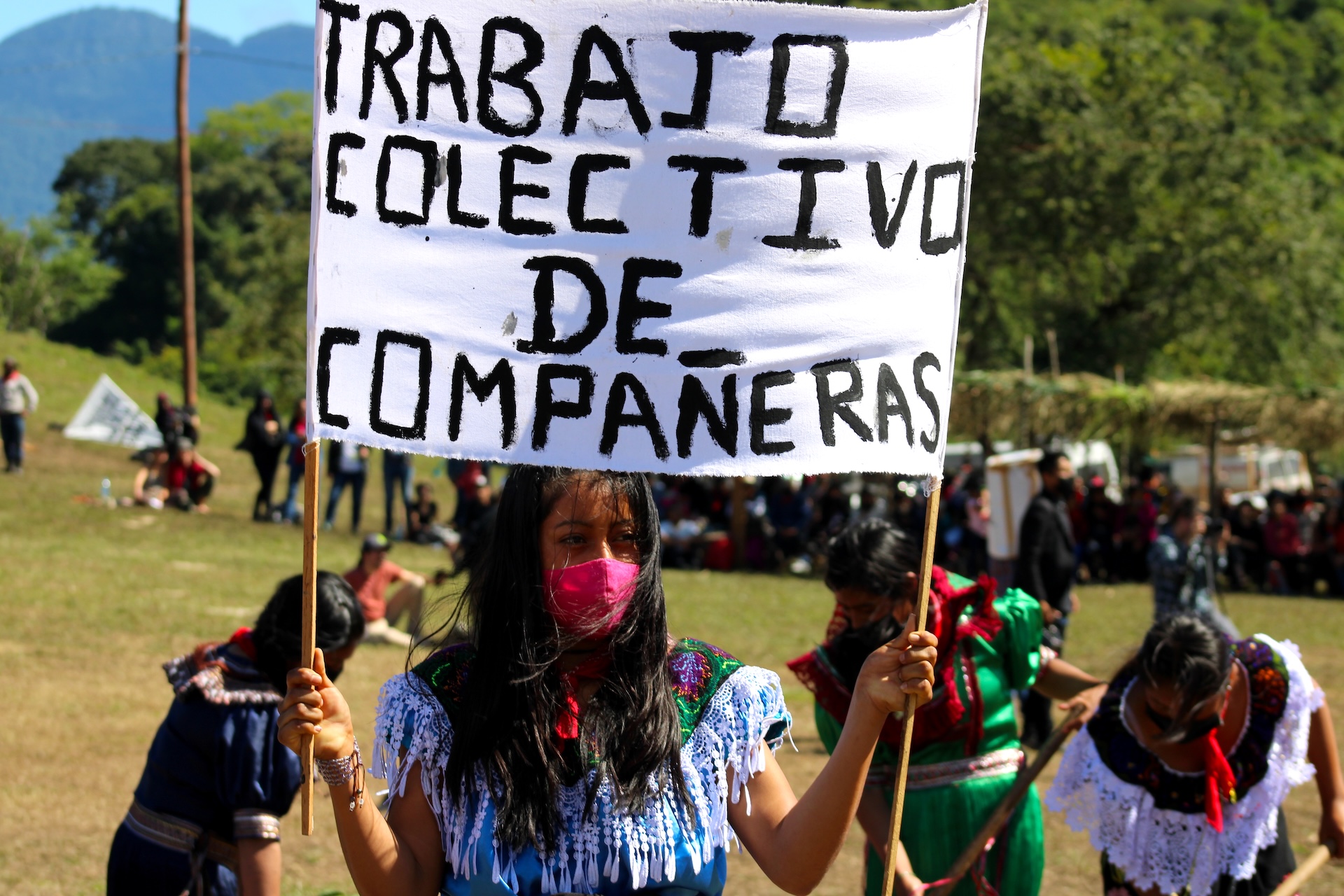
The Zapatista Women’s Revolutionary Law (1994)
This law establishes women’s rights within the context of the indigenous uprising. It links women’s liberation directly to broader social and indigenous resistance against oppression.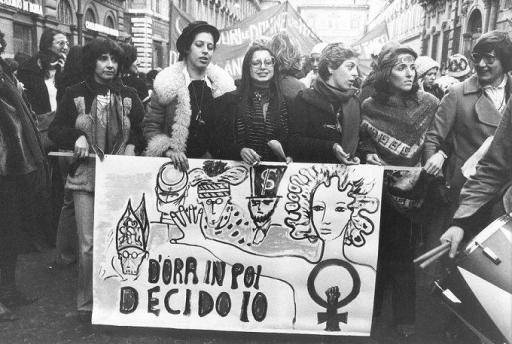
Manifesto of Female Revolt (Rivolta Femminile) (1970)
The manifesto challenges both private life and the authority of dominant institutions. It calls for women to break away from political groups that expected feminism to stay subordinate to class-based…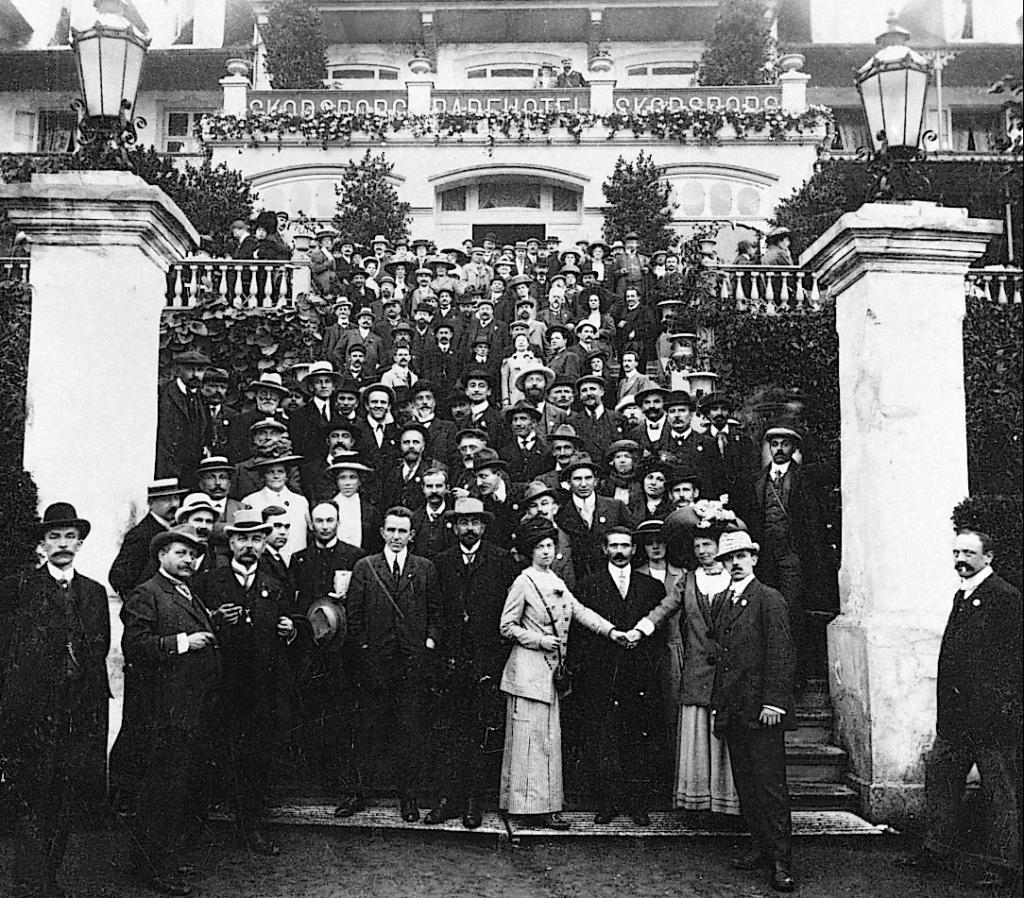
First International Conference of Socialist Women (1907) and Second International Conference of Socialist Women (1910)
These manifestos reframed women’s liberation as inseparable from a working-class revolution. By promoting international synergy and a complete restructuring of society, they challenged existing oppr…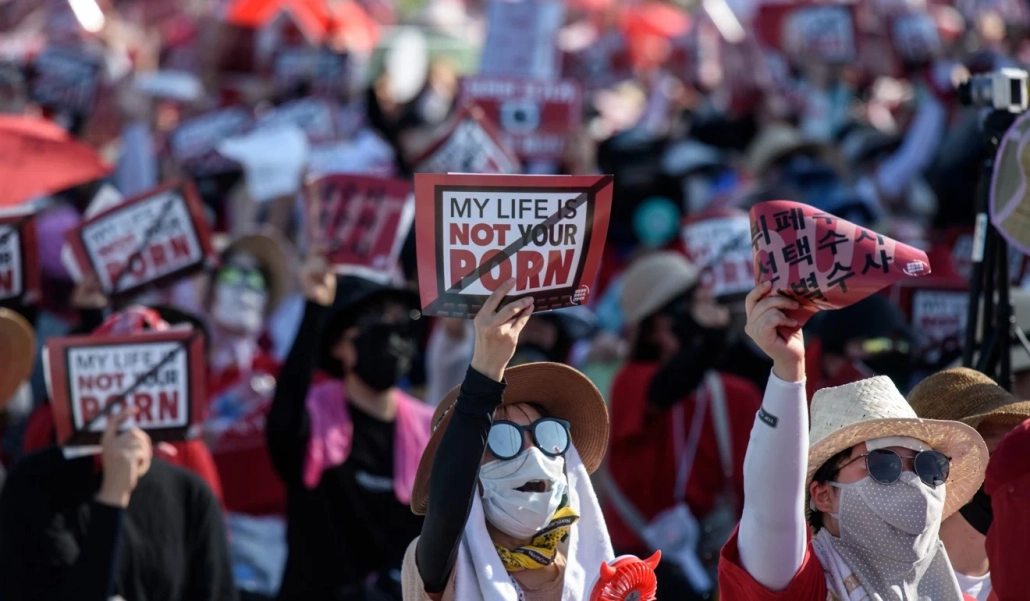
Hawon Jung’s Flowers of Fire (2023)
Women in South Korea unite in protest against the violence they have faced under long-standing patriarchal values. They break from the norm of silence and redefine women as outspoken rather than passi…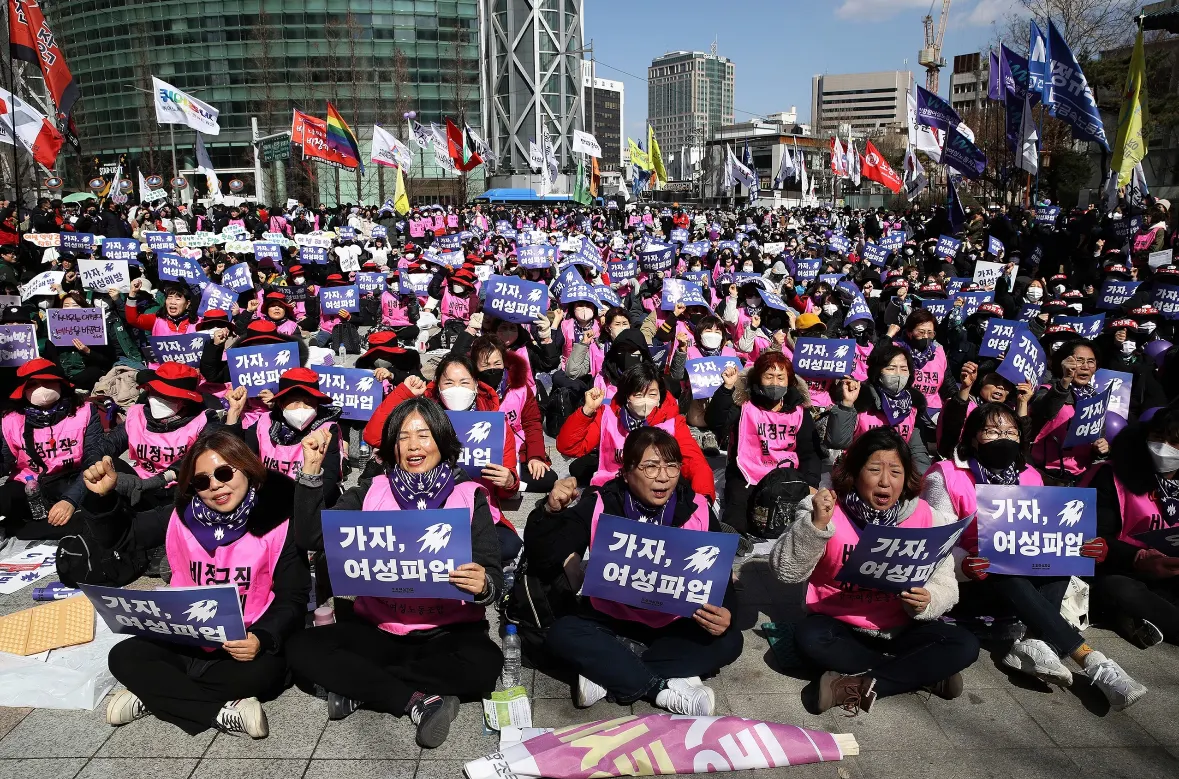
Resistance Through No Sex: The 4B Movement in South Korea
The 4B is not simply a “sex strike”, but an irreversible stand against the harsh South Korean patriarchy. Women are focusing on supporting one another rather than conforming to traditional relationshi…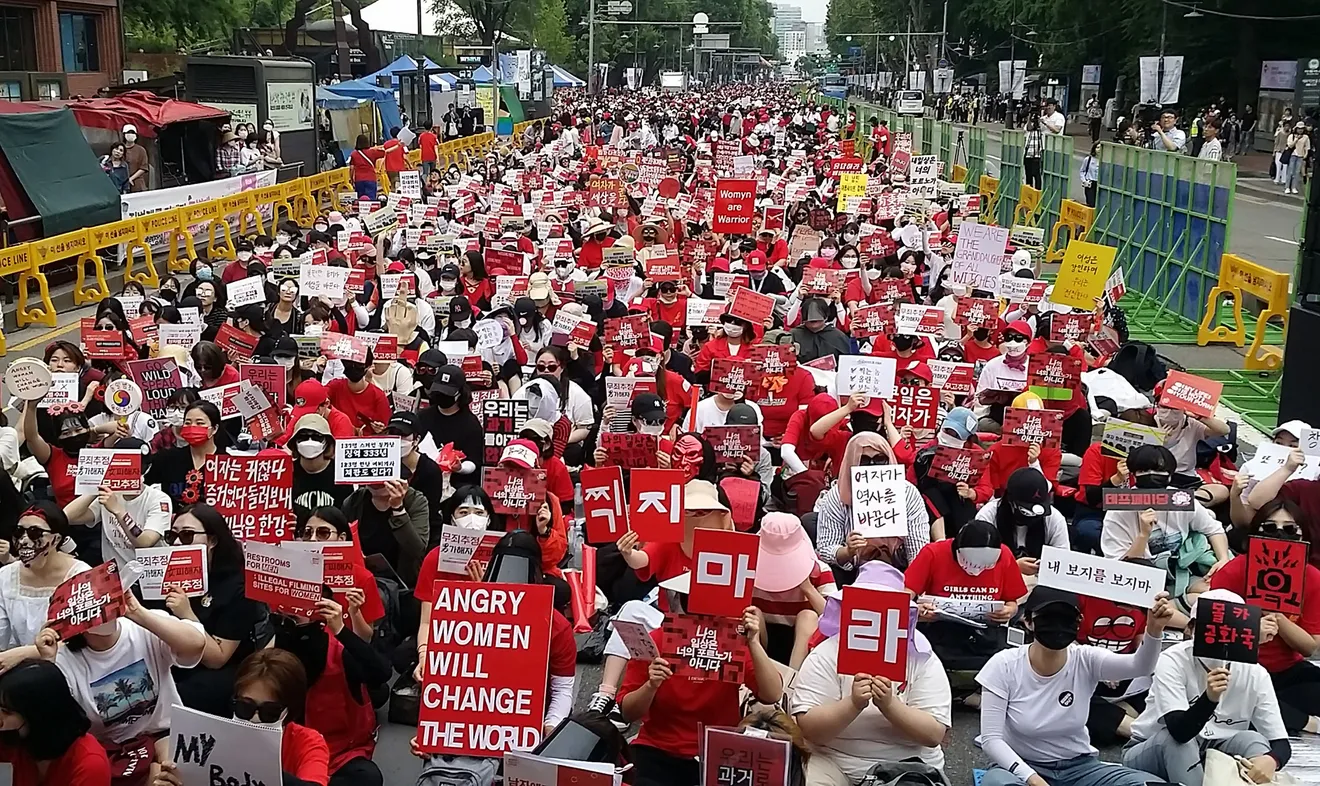
Life Without Men: The 4B Movement
Many South Korean women are rejecting traditional patriarchal structures and refusing to engage sexually with men.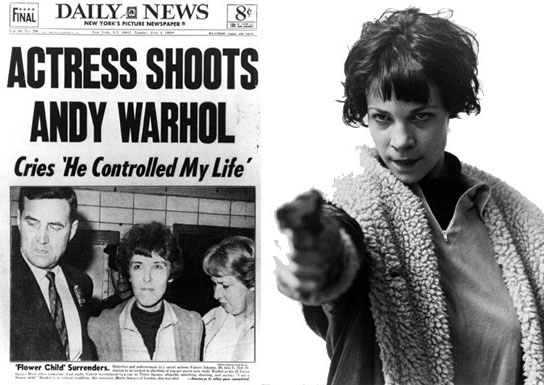
Valerie Solanas’s S.C.U.M. Manifesto (1967)
Valerie Solanas’s manifesto is a radical feminist call for the extermination of society’s biggest nuisance: men.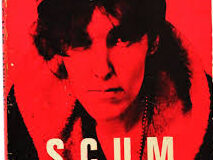
SCUM Manifesto (1967)
The SCUM Manifesto describes all the flaws associated with male created society, and Valerie Solanas’ rationale for ridding society of all men.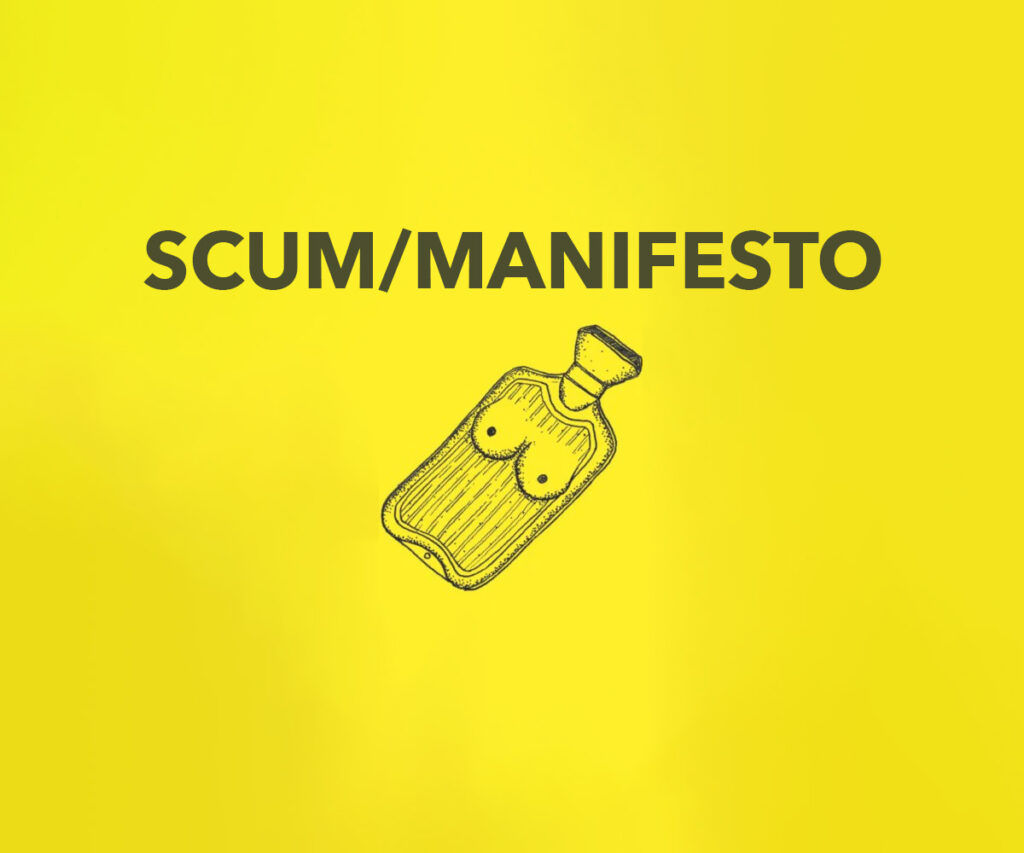
SCUM MANIFESTO (1967)
Valerie Solanas, American radical feminist crafts the “SCUM Manifesto”, empowering women to overthrow patriarchal society and establish automation through furtive, sneaky and underhanded methods to ov…
Mothering Against Motherhood: doula work, xenohospitality and the idea of the comrade – Sophie Lewis (2022)
This essay, titled “Mothering Against Motherhood: doula work, xenohospitality and the idea of the momrade” by Sophie Lewis, explores the concept of “mothering against motherhood” and “family aboli…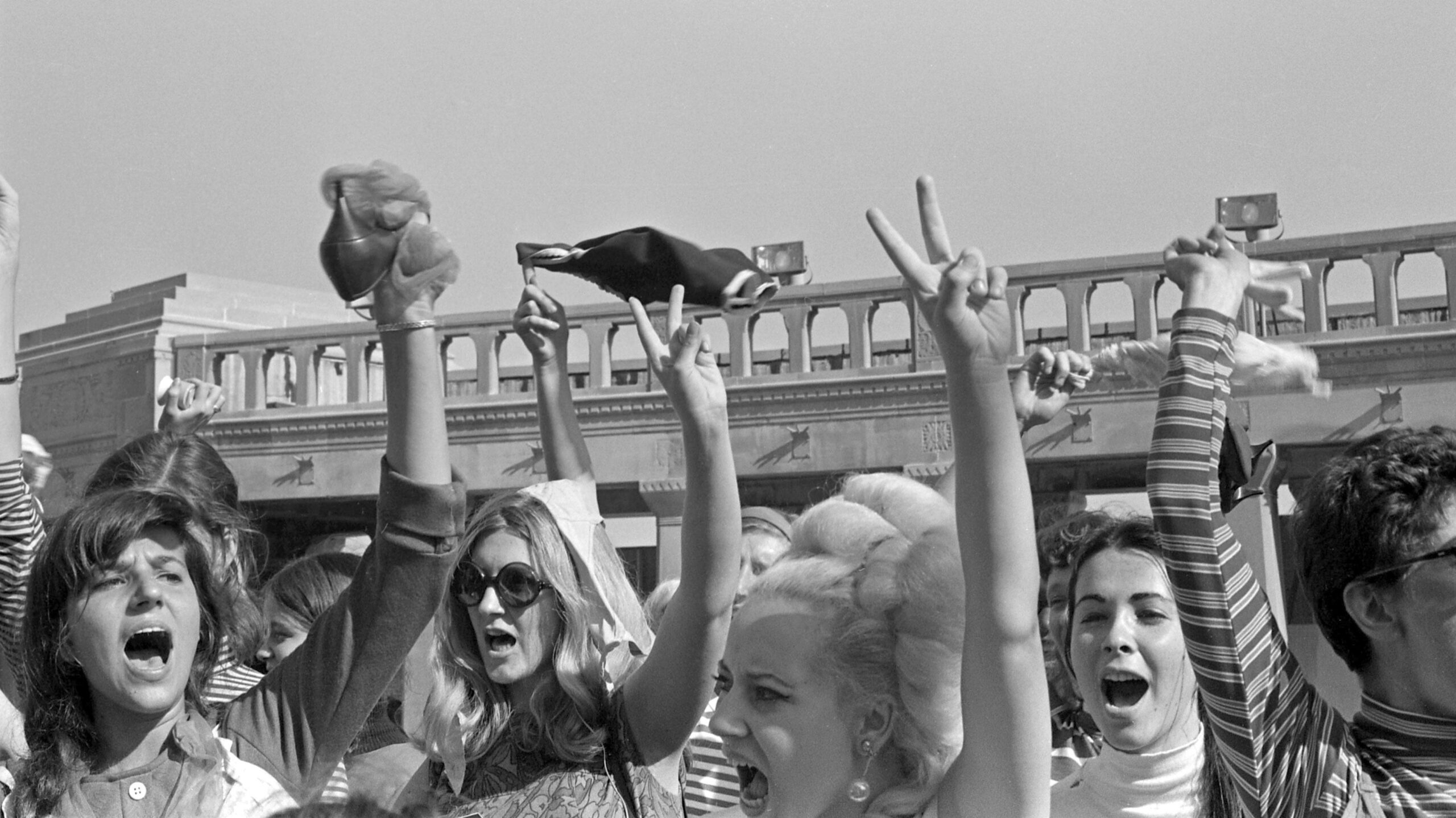
No More Miss America (1968)
On September 7, 1968, a coalition of women’s liberation groups planned various demonstrations against the annual Miss America Pageant in Atlantic City. These demonstrations aimed to challenge the page…
Women’s Day Off – Executive Committee for Women’s Day Off (1975)
On October 24, 1975, ignited by the activism of the Red Stockings radical women’s group, 90% of Iceland’s women went on strike to protest the exploitation of women’s unpaid labor at home and their und…
Interview from “Confessions of the Guerrilla Girls” (1995)
The Guerrilla Girls are an anonymous group of feminist artists and activists who formed in 1985 to combat sexism and racism within the art world. This source is an interview with the Guerilla Girls, t…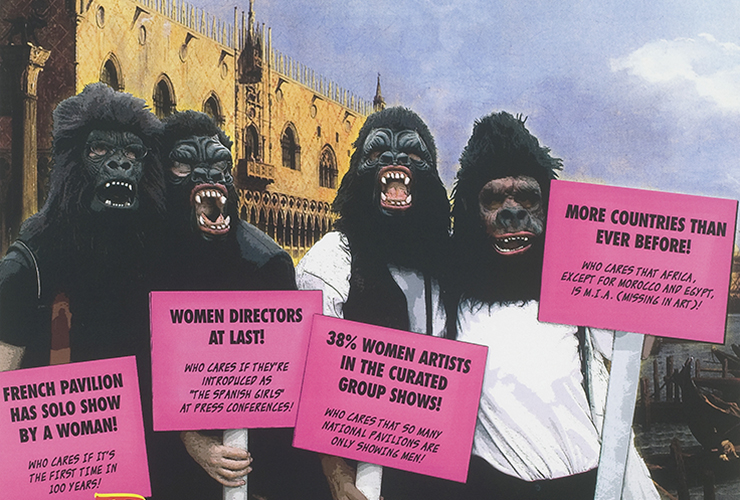
Guerrilla Girls on the Art of Creative Complaining (2018)
The Guerilla Girls are an anonymous collective of feminist artists who combat sexism and racism within the art world. Founded in 1985, the group uses culture-jamming tactics and mass media to expose…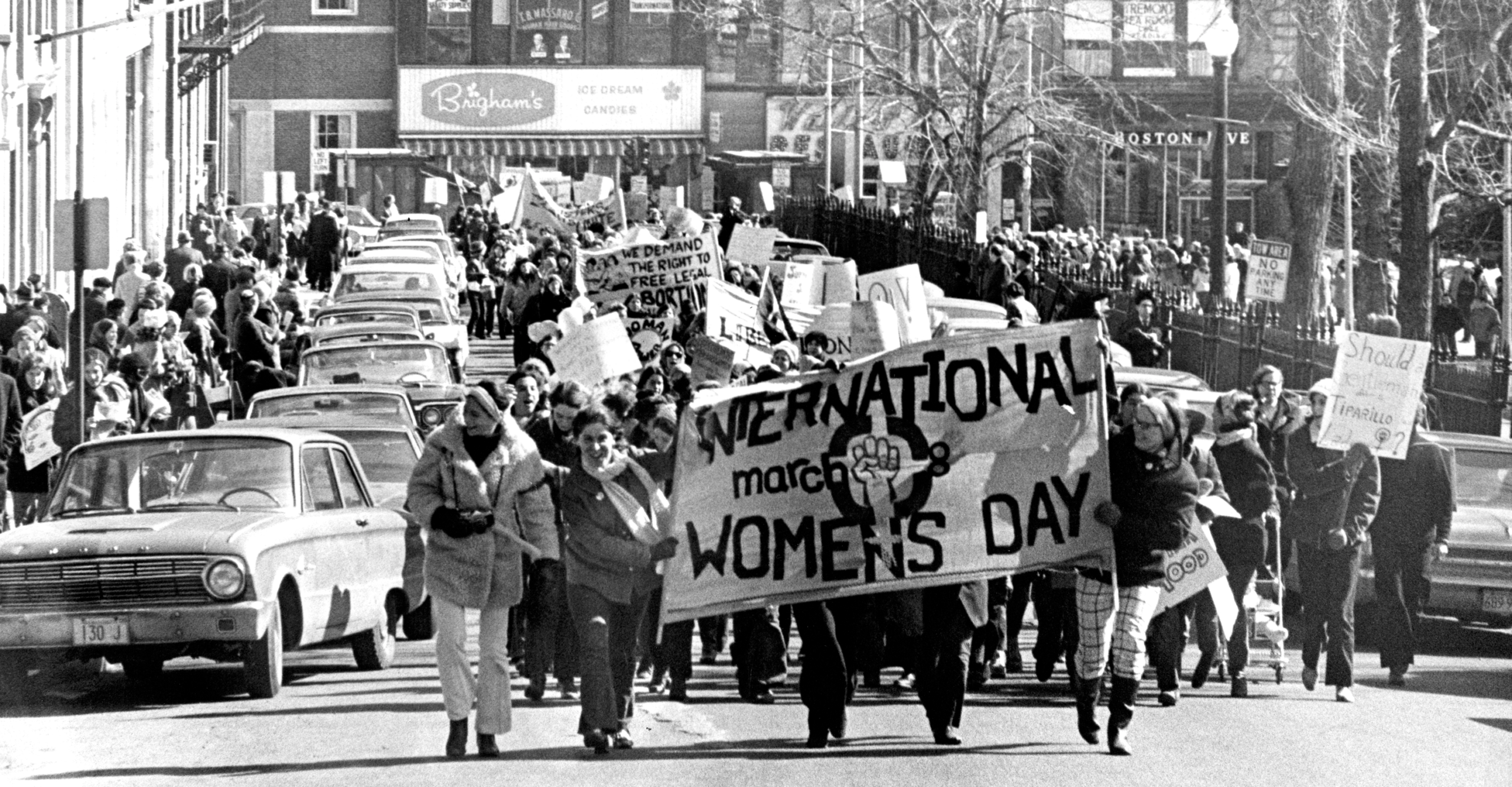
Women! Join Our Celebration of Independence – Bread and Roses (n.d.)
This document is a call to action, urging women to join a movement led by Bread and Roses, a socialist women’s liberation group, on International Women’s Day in Boston, Massachusetts. The flyer presen…
W.A.S.P Manifesto – Women Armed for Self-Protection (1974)
Founded in 1974 in Dallas, Texas, Women Armed for Self-Protection (W.A.S.P.) was created in response to the increasing incidents of rape and the societal attitudes that enabled such violence. In their…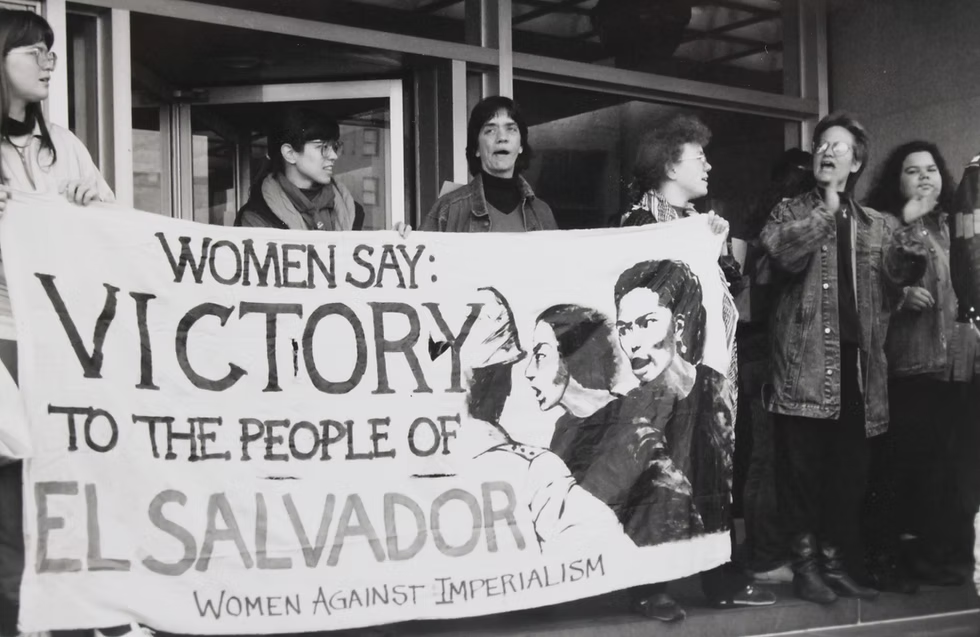
Herstory Monologues – Women Against Imperialism (1990)
This 1990 performance piece, “herstory,” amplifies the voices of diverse women confronting oppression while celebrating resistance. Personal anecdotes are intertwined with political demands, highlig…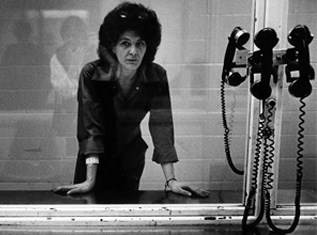
Political Prisoners and Lesbian Resistance – Jennie McKnight (1989)
This 1989 interview from Gay Community News features political activists Linda Evans, Laura Whitehorn, and Susan Rosenberg, who were imprisoned for conspiracy. In the interview, they share their exp…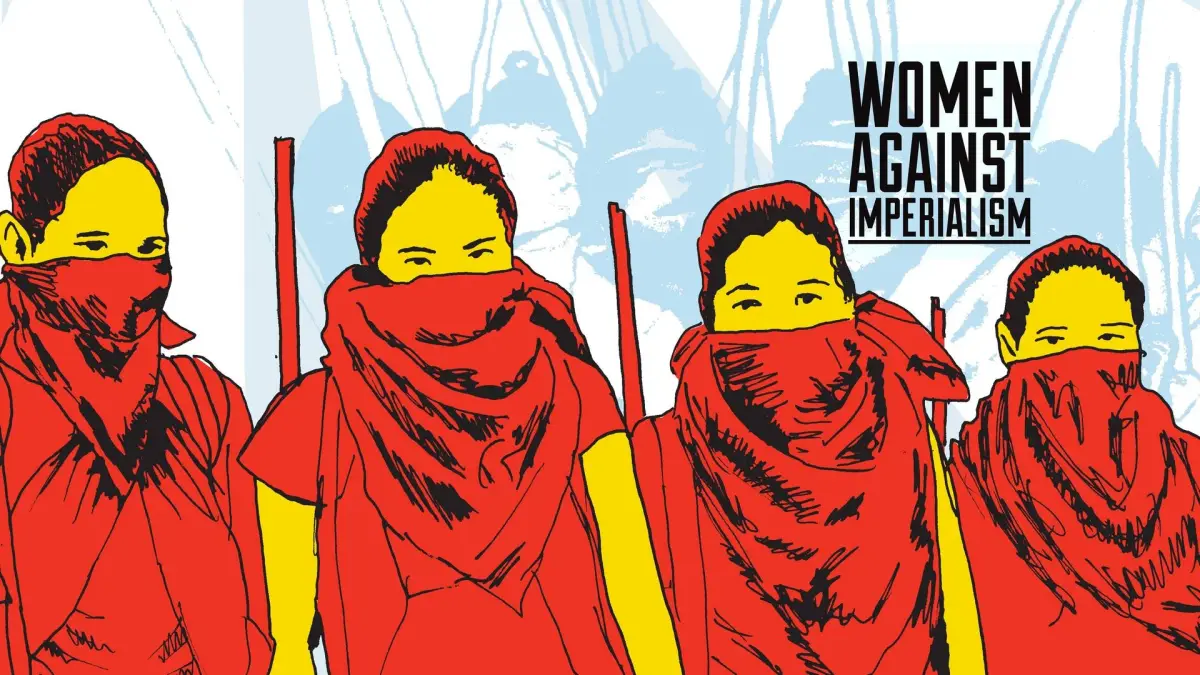
We Still Ain’t Satisfied! – Women Against Imperialism (n.d.)
This document is a powerful declaration addressing the numerous injustices and hardships faced by women. It condemns gender-based violence, racial discrimination, and the absence of sufficient support…
Statement for International Women’s Day Demonstration – Judy Clark (n.d.)
This statement by Judy Clark, a member of the Weather Underground and May 19th Communist Organization, celebrates International Women’s Day and advocates for direct action against U.S.-led imperialism…
Principles of Unity – Women’s Committee Against Genocide (1981)
The Women’s Committee Against Genocide is an anti-imperialist group dedicated to advancing women’s liberation by opposing US-led imperialism and supporting the struggles of oppressed women worldwi…
The Women’s Question is a Class Question – Celia Sojourn (n.d.)
This document, authored by Celia Sojourn, a member of the Weather Underground—a radical Marxist militant group active in the United States from 1969 to 1977—argues that the “women’s questionâ…
Women, the Unions and Work, or… What is Not to Be Done – Selma James (1972)
This 1972 pamphlet, written by Selma James—an American writer, feminist, and social activist who co-founded the International Wages for Housework Campaign—critiques the shortcomings of traditional…
International Working Women’s Day – N. Lenin (1921)
This essay, written by Lenin in 1921 and published in Pravda, the official newspaper of the Communist Party of the Soviet Union from 1918 to 1991, argues that women’s liberation is inherently tied to…
Radical Women Manifesto – Radical Women Publications (1975)
Radical Women, founded in 1967 in Seattle, Washington, is a revolutionary faction within the women’s movement and a prominent feminist voice on the Left. The organization fights against racism, sexism…
The Uses of Anger: Women Responding to Racism (Audre Lorde, 1981)
In this piece from Audre Lorde, a renowned intersectional feminist/activist, she offers the use of anger as a unifying force for women across the lines of race. White women struggled to understand the…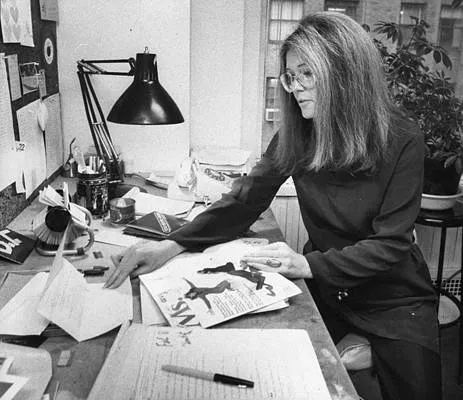
Women’s Liberation Aims to Free Men Too (Gloria Steinem, 1970)
There is a common misconception that the struggle for women’s rights is solely beneficial for women. This narrative is oftentimes pushed by institutions and key actors that know if the everyday man is…
Barbarous Rituals: 84 Ways To Feminize Humans (1972)
This anonymous collection of statements cuts straight to the core of gender as a social construct and the ways in which women are brought up to act/think in a specific manner. Through these descriptio…
There Was A Young Woman Who Swallowed a Lie (Meredith Tax, 1972)
This series of cartoons produced by the Women’s Liberation Movement holds a deeper meaning and purpose of consciousness raising. It illustrates the standards that women were forced to adhere to and ho…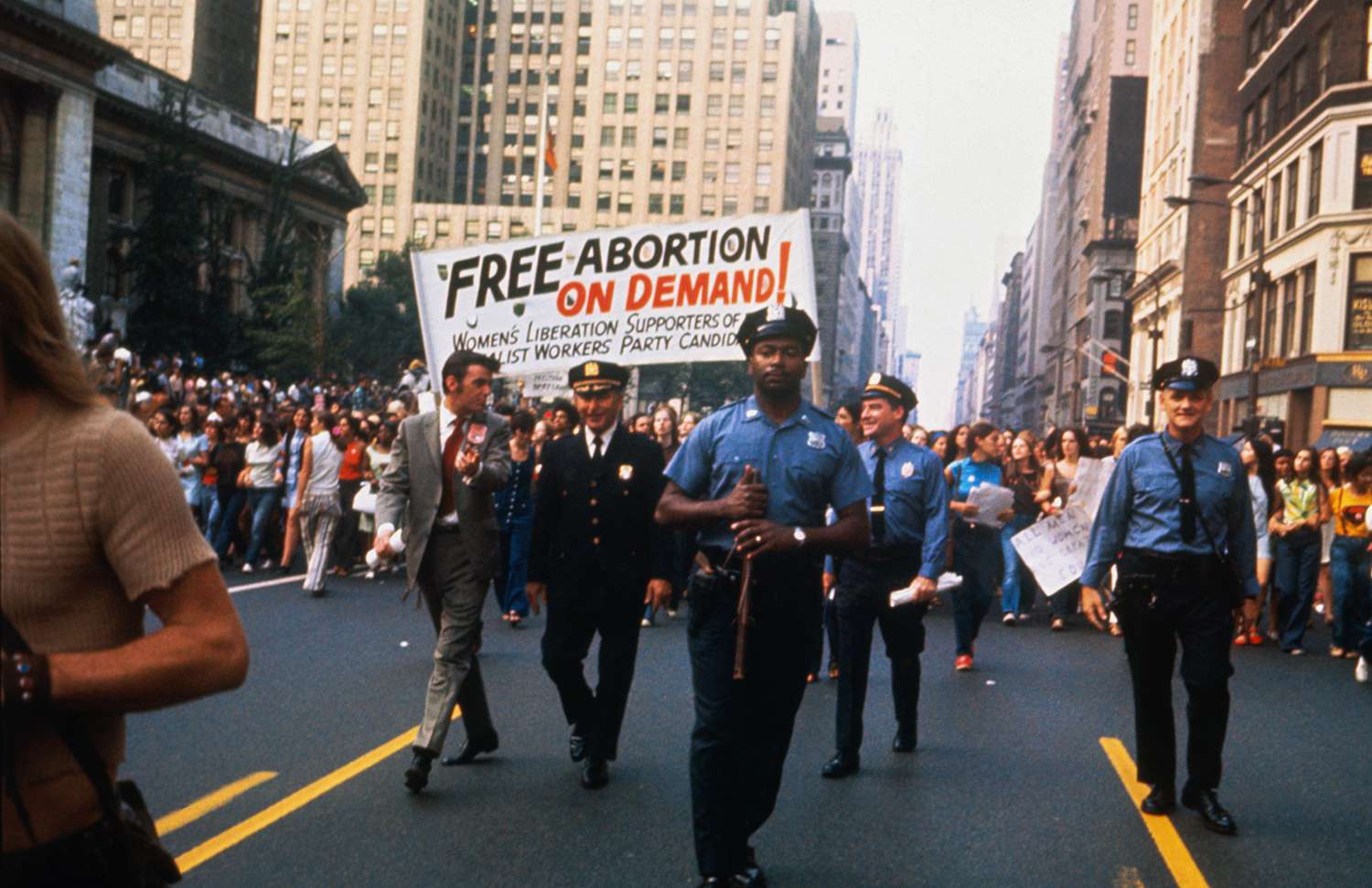
Abortion Protest (Redstockings, 1969)
This collection of documents illustrates an abortion protest held by the Redstockings group, a feminist organization. Their two main goals were to first, disrupt the mainstream legislative principles…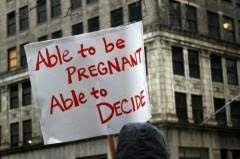
Protest the Infirmary! (Gainesville Women’s Liberation, 1997)
This protest leaflet is from the Gainesville Women’s Liberation movement and is part of a wider effort at the University of Florida to increase women’s sexual autonomy through disrupting the mainstrea…
The Sixties Speak to the Eighties (Redstockings, 1983)
The Redstockings are a radical feminist group that emerged partly out of the Women’s Liberation Movement. In this speech, Kathie Sarachild, a prominent activist and leader within the Redstockings, ref…
Treesitter’s Journal Entry (2000)
A journal entry written by an anonymous treesitter discusses issues of privilege and oppression, and how these issues relate to direct action campaigns to protect the forests.
“I incite this meeting to rebellion…” (1912)
This document was a speech given by Emmeline Pankhurst on October 17, 1912 at Royal Albert Hall in London. Pankhurst was an active militant suffragist and a founder of the Women’s Social and Political…
Double Jeopardy: To Be Black and Female (1971)
This document was written by Frances M. Beal in 1971. “Double Jeopardy: To Be Black and Female” links the anti-capitalist struggle, women’s liberation, and black liberation.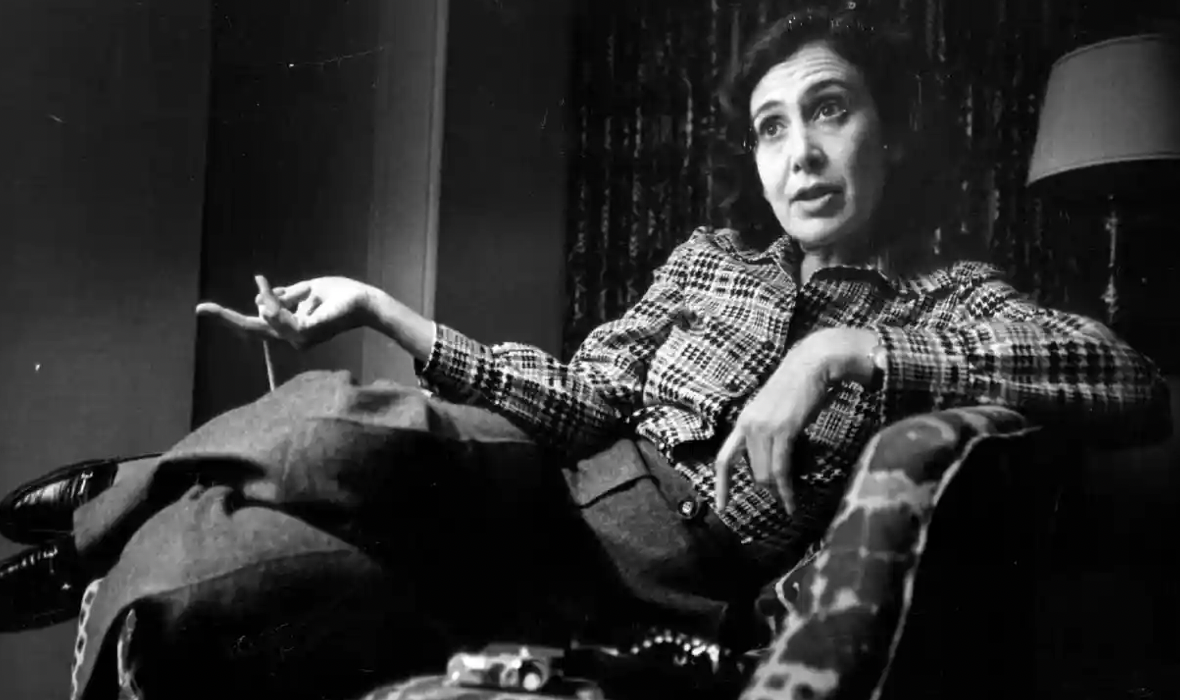
The Enemy Within (1970)
This document was written by Susan Brownmiller in 1970. She discusses the ways in which women have internalized sexism and patriarchal expectations – for themselves and for other women. She explores t…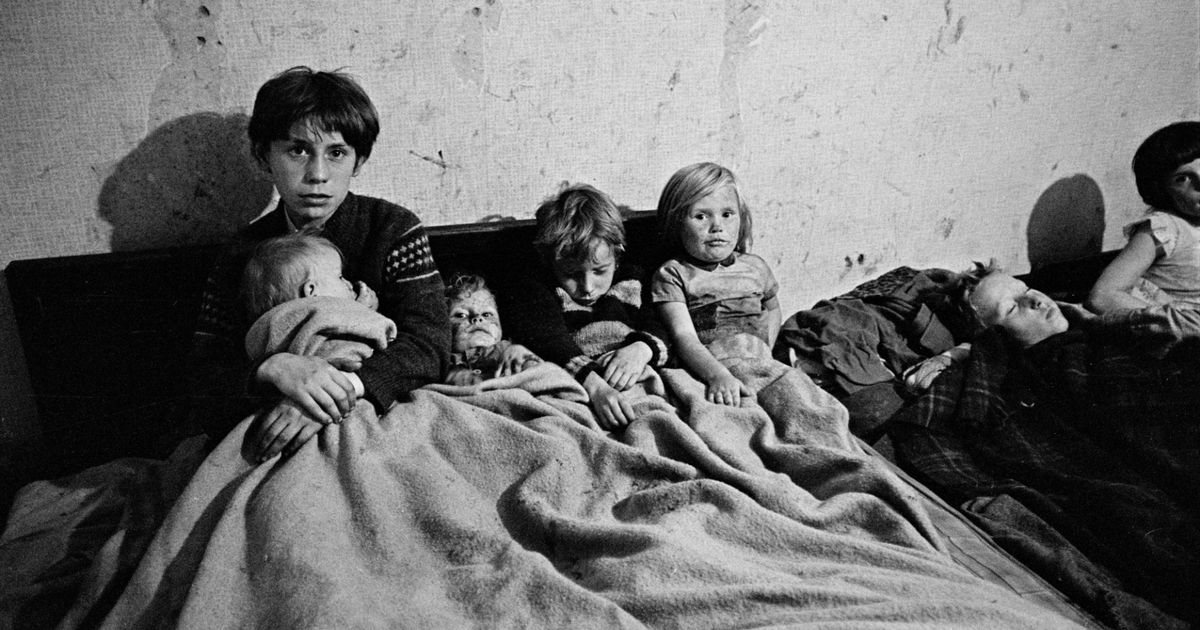
Females and Welfare (undated)
This essay identifies poor women who serve as heads of their families as the ideal engine for the Women’s Radical Movement: as author Betsy Warrior notes, poor women have both the knowledge of the opp…
The Women’s Rights Movement in the US: A New View (1968)
In this article, author Shulamith Firestone looks to analyze the perception of the Women’s Rights Movement in the United States by tracing its development across generations. Mainly, she wants to answ…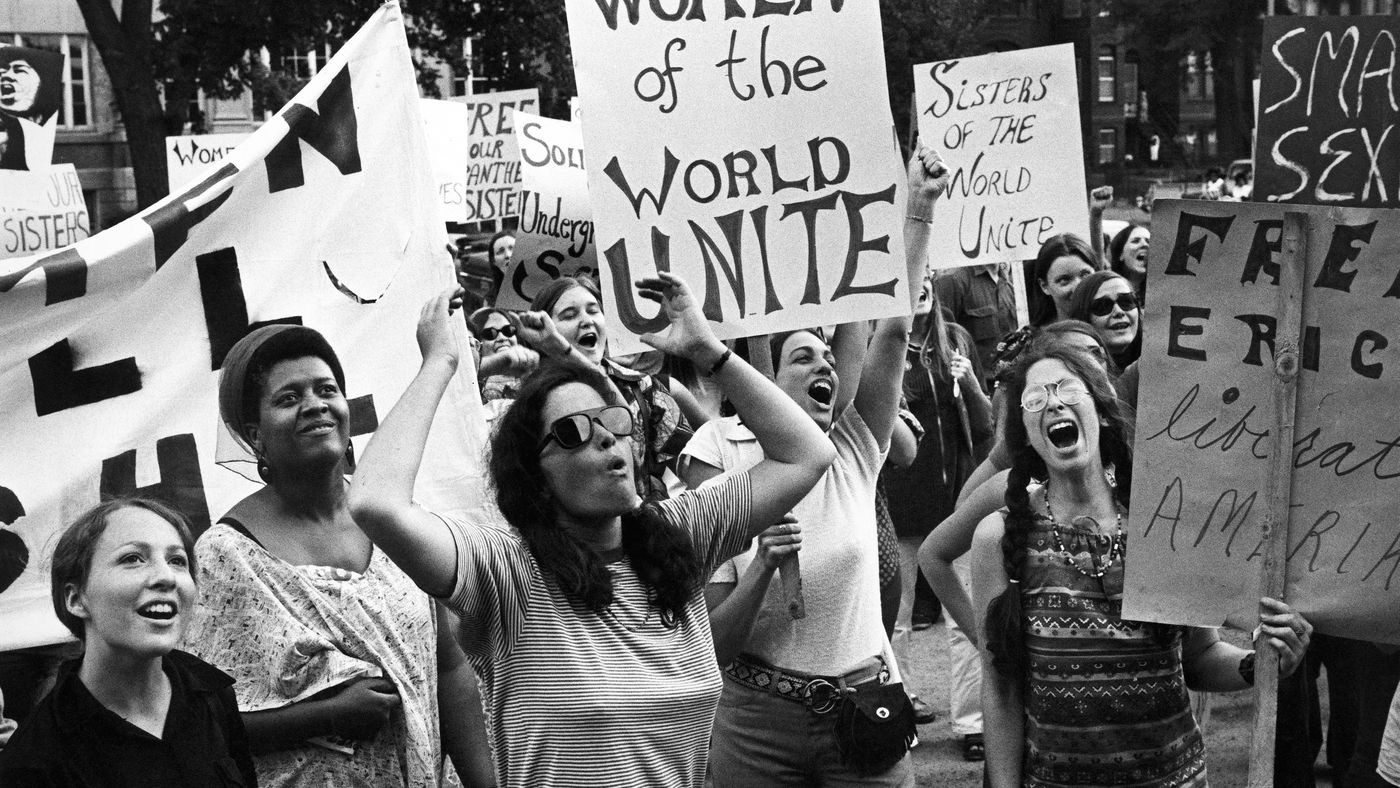
Feminism Old Wave and New Wave (1971)
This article explores the similarities and differences between the Old and New Waves of the Feminist Movement, from the sources and origins of each movement, to the ways that they have been perceived…
What is Socialist Feminism? (1970)
By coining the term “socialist feminism,” members of the group aimed to encompass the way that capitalist realities negatively impacted women–rather than aiming to demolish the family structures that…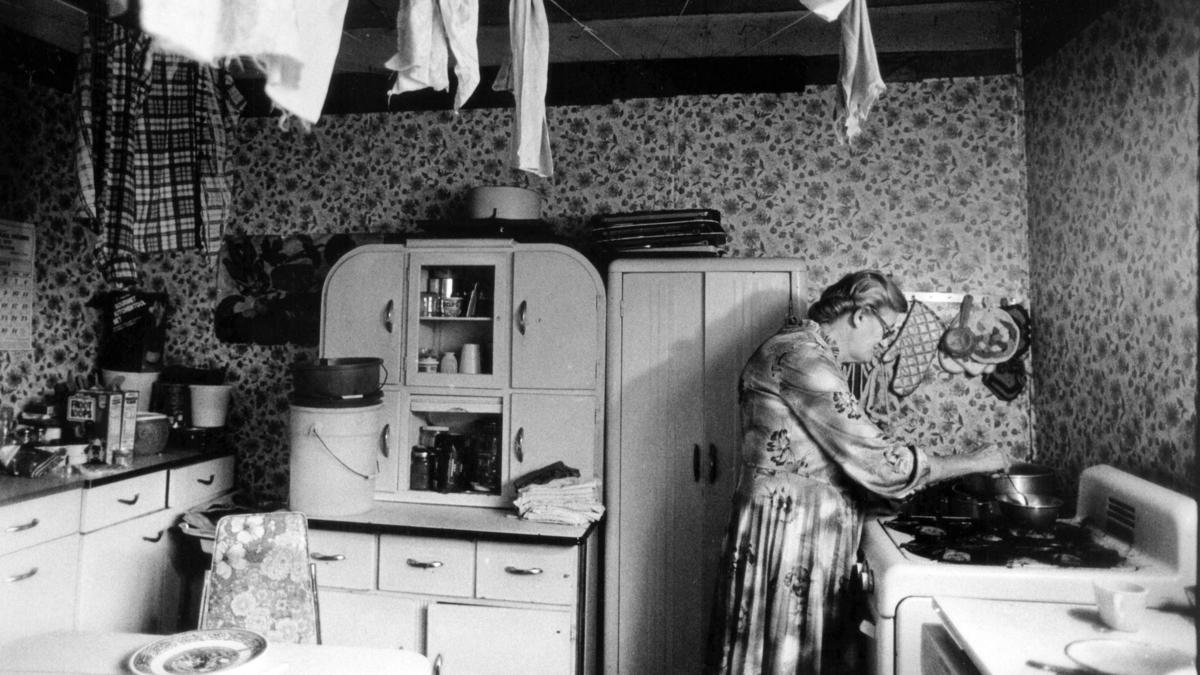
Poor White Women (1970)
In this 1970 essay, author Roxanne Dunbar includes an intersectional analysis of the oppression of women, focusing on both gendered and class-based issues. Drawing on her own experience growing up in…
Covert Sex Discrimination Against Women as Medical Patients (1972)
In this speech originally given to the American Psychological Association, activist Carol Downer described her analysis of the medical field in the United States, and the way that male dominance withi…
The Vagina on Trial (1971)
Kathleen Barry’s essay unpacks both the physical consequences that a woman faces when she endures rape, and the psychological effects that are the result of every woman’s knowledge of the threat of ra…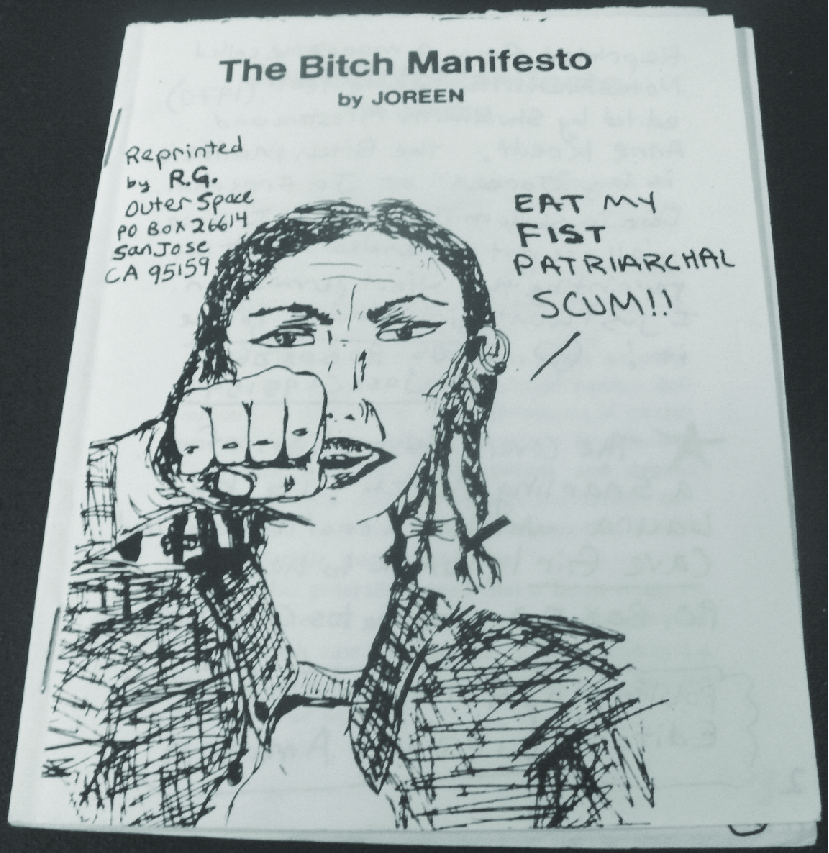
The BITCH Manifesto (1972)
In this Manifesto by Jo Freeman, the author reclaims the title of “bitch” in a way that establishes the term as a description of a woman who does not conform to traditional social roles designated for…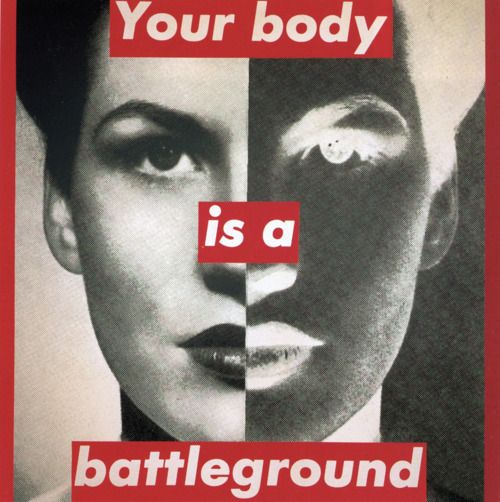
Rape Means Never Having to Say You’re Sorry (1971)
In this essay, author Kay Potter recounts her personal experiences with reporting her rape, and the arrest and prosecution that followed. Interrupting the sequence of events with her current analysis…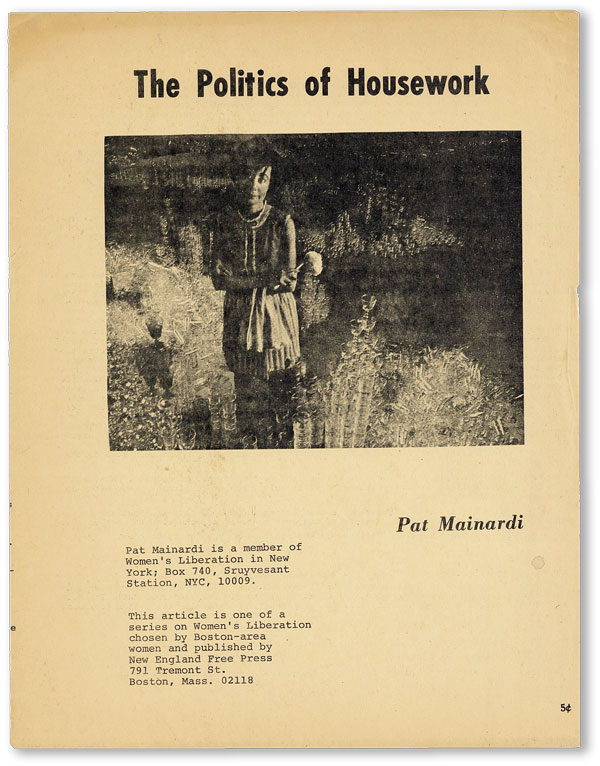
The Politics of Housework (1970)
Written by Pat Mainardi in 1970, this essay is an analysis of the conversations that commonly arise between women and men, as women try to illuminate the political nature of their social statuses. Spe…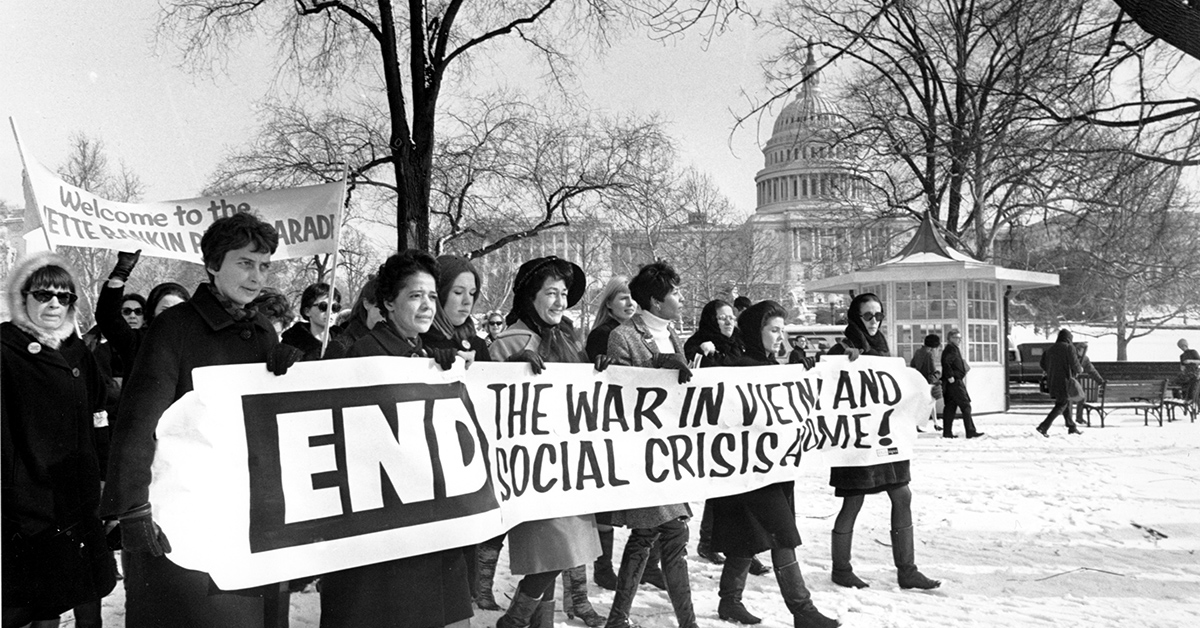
The Jeannette Rankin Brigade: Woman Power? (1968)
As a critique of the feminist movement’s protest against the Southeast Asian war, Shulamith Firestone wrote this essay, which articulated that a gathering of women should be used to create more produc…
Funeral Oration for the Burial of Traditional Womanhood (1968)
During a protest against the war in Southeast Asia, radical feminists staged a mock funeral for the end of traditional womanhood in the United States, which they deemed forced women to accept an unsat…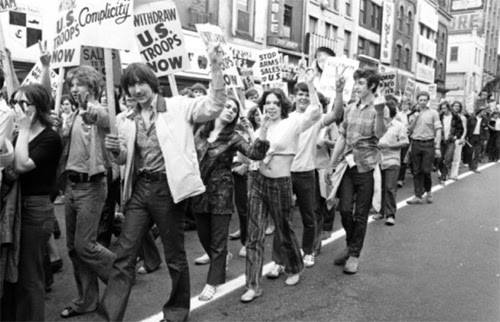
The Grand Coolie Damn (1969)
Marge Piercy was an American novelist and activist who wrote this 1969 expose in order to expose the inherent sexism of the American left at the time. Following the chronological order of events and t…
A Kind of Memo (1965)
Widely regarded as one of the first documents of the emerging feminist movement, this essay by Casey Haden and Mary King reflects the experiences that they had as volunteers in the Students Non-Violen…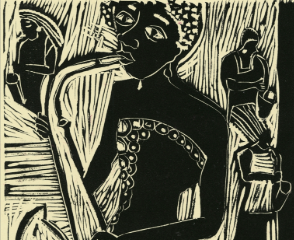
The Black Unicorn – Audre Lorde (1978)
Audre Lorde was a feminist activist who wrote poetry to confront issues of racism, sexism, capitalism, and heterosexism. Her work expresses raw emotion that reflects the experiences that she had in he…
Heartbreak: The Political Memoir of a Feminist Militant (2002)
“Heartbreak: The Political Memoir of a Feminist Militant” is the autobiography of radical feminist Andrea Dworkin. Though Dworkin also wrote short stories and novels, she was best known for her non-fi…
See Red Women’s Workshop (1972)
In 1972, See Red Women’s Workshop was founded as a feminist organization committed to combatting sexist images of women in the media by replacing them with more empowering alternatives. Feminist activ…
Philosophical Trends in the Feminist Movement (2006)
Anuradha Ghandy was a founding member of the Indian Communist Party, and strongly contributed to and drafted policy regarding the caste system in India, and the intersection between feminism and Marxi…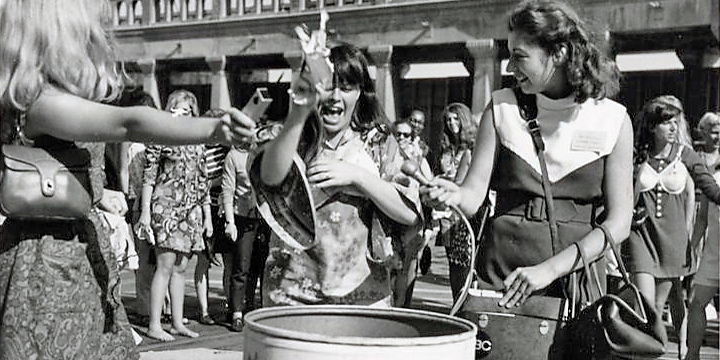
Miss America Protest Songs
The 1968 protest against the Miss America Pageant utilized many disruption tactics, the most well-known of which was a “Freedom Trash Can” used for burning items that the protestors deemed as oppressi…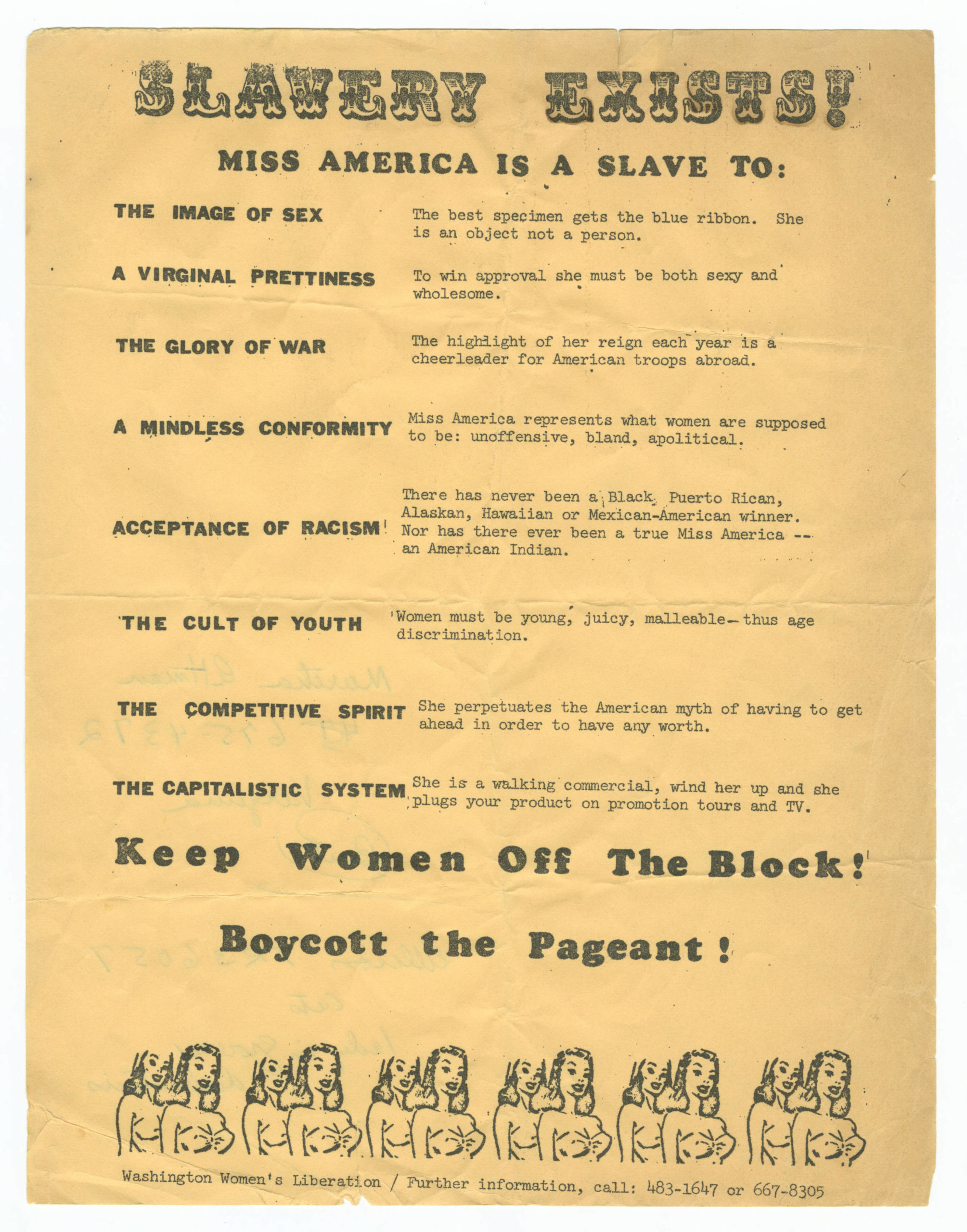
Slavery Exists! Miss America is a Slave to:
In 1968, 200 feminist activists protested at the Miss America Pageant, symbolically trashing items that enabled domination of women, such as bras, hairspray, makeup, girdles, corsets, and more. The pr…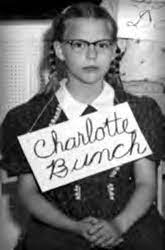
Lesbians in Revolt (1972)
In 1972, author Charlotte Bunch articulated lesbianism was a political choice that fundamentally threatened male supremacy by challenging the idea that men were crucial to the existence of women. In h…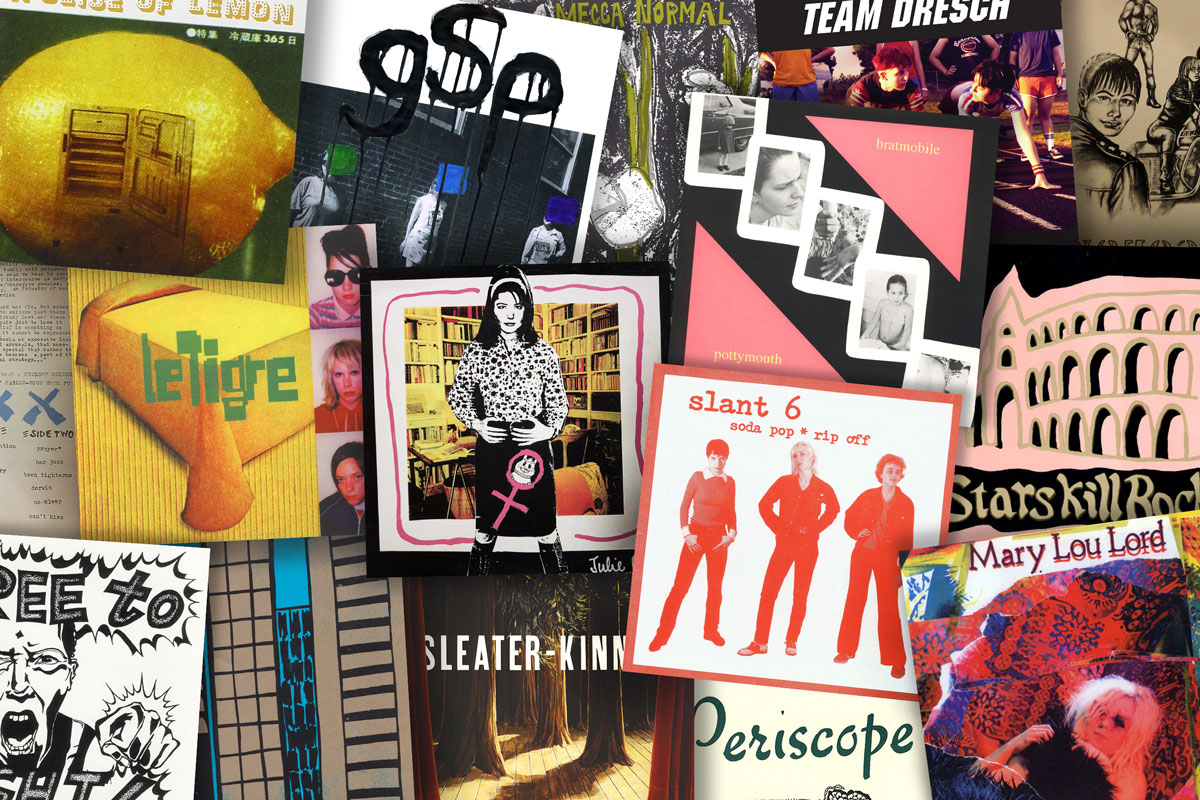
Riot Grrrl Manifesto (1991)
The Riot Grrrl movement began in Washington State in the 1990s. It sought to address sexism and other forms of oppression in the punk music industry and throughout society at large. This document is…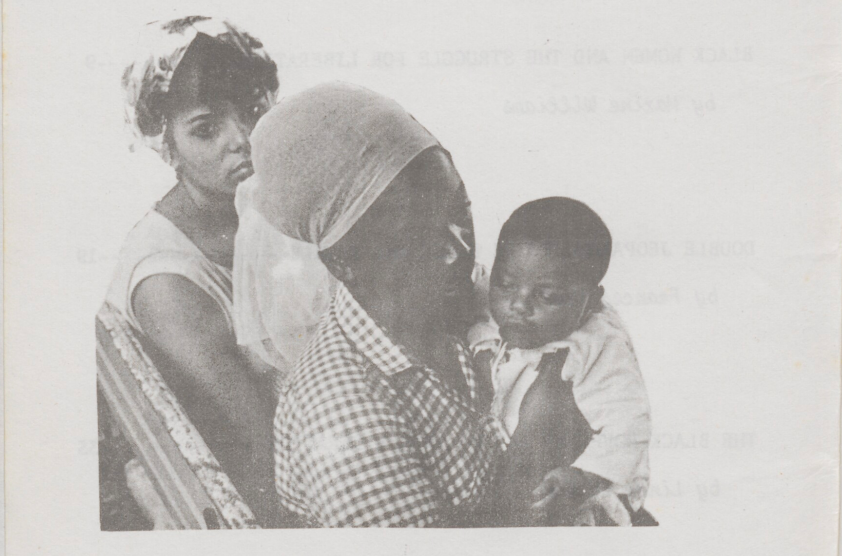
Black Women’s Manifesto (1970)
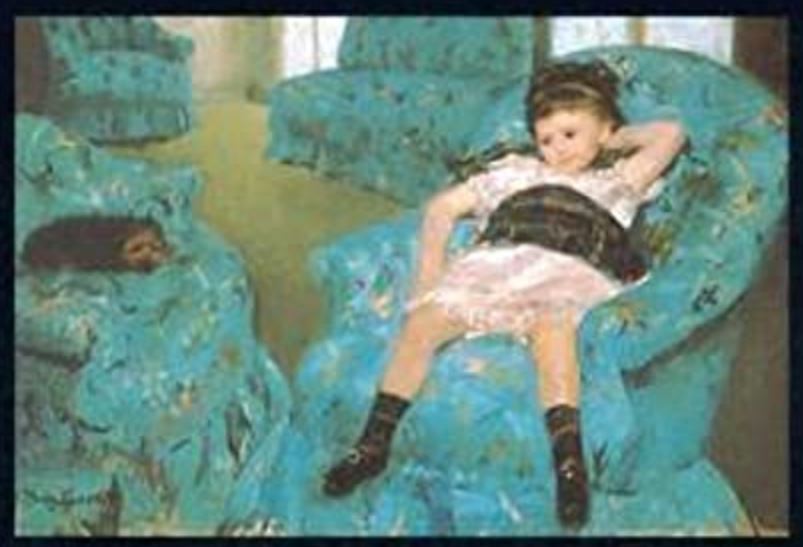
Throwing Like A Girl by Iris Marion Young (1980)
This feminist essay by Iris Marion Young draws on works from Simone de Beauvoir and Maurice Merleau-Ponty to look at differences in feminine and masculine movement and how that movement is embodied an…
Temporary Autonomous Zone – Hakim Bey (1985)
Anarchist text by Hakim Bey about creating temporary spaces that elude formal structures of control. From Pirate Utopias to Nomadic Bands, Poetic Terrorism to Ontological Anarchy, Hakim Bey draws on h…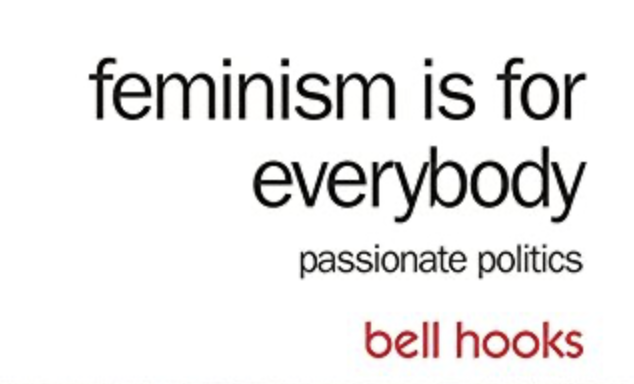
bell hooks – Feminism is for Everybody (2000)
bell hooks is a feminist, professor, and activist. In 2000, she published “Feminism is for Everybody”. Key to her politics and feminist philosophy is that the overarching “enemy”/structure to dismantl…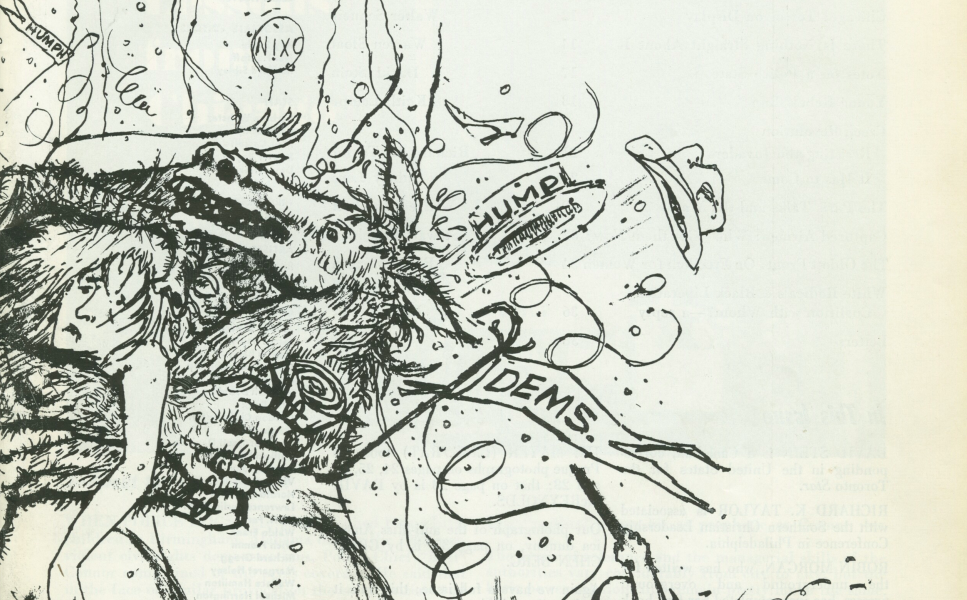
On Freedom For Women
This publication by Robin Morgan captures the sentiment of the Women’s Liberation Movement following the Miss America Pageant Protest. Like many others attest to as well, Morg
…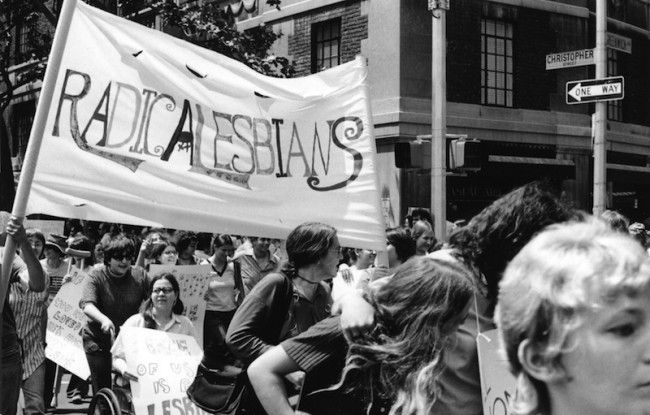
The Woman Identified Woman
The Radicalesbians identified lesbianism as the result of a woman acting on natural impulses to deviate from society and instead pursue a more liberated form of existence. Lesbianism is the product of…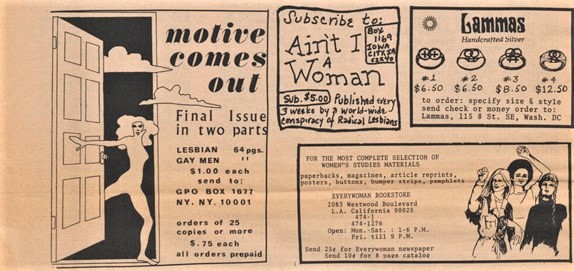
The Furies- Lesbian/Feminist Monthly (1972)
In this first volume of the monthly publication by the Furies, the group introduces themselves and and their ideology, which is based on reforming the avenues taken by women in their liberation so tha…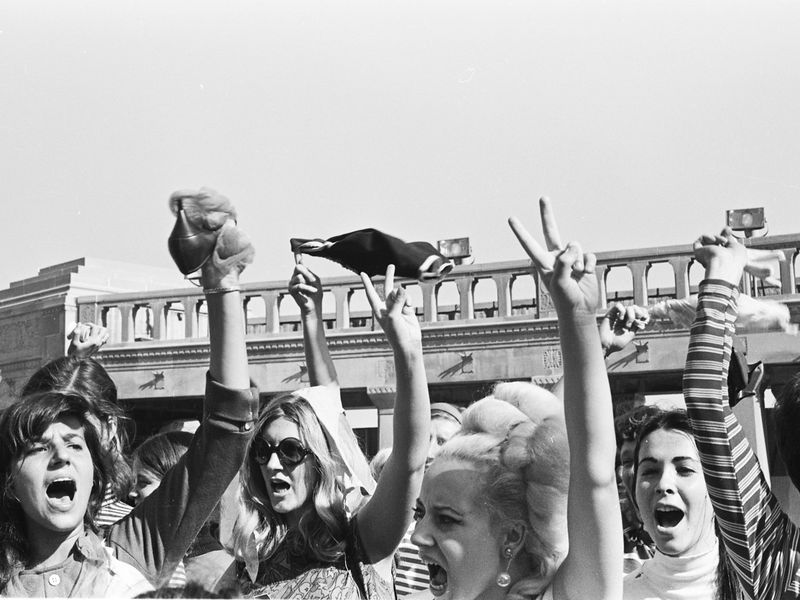
A Critique of the Miss America Pageant (1968)
The Miss America Pageant Protest marked a turning point for the Women’s Liberation Movement, because the media coverage of the event itself exposed the American public to the existence of the movement…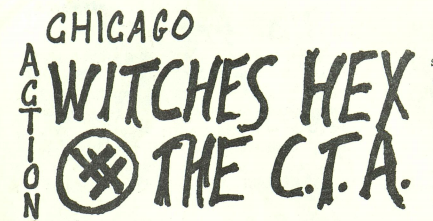
Voice of the Women’s Liberation Movement (1969)
As the Women’s Liberation Movement widened its scope and began to see involvement in all corners of the country, it became increasingly more important to maintain a certain degree of connectedness bet…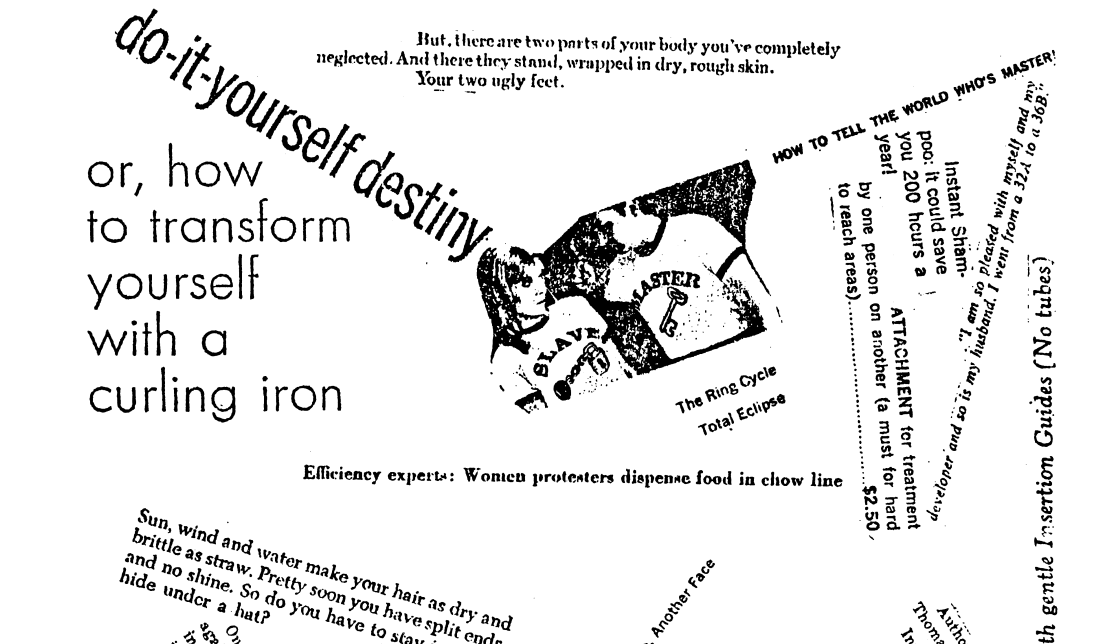
People Don’t Get Radicalized Fighting Other People’s Battles (Redstockings, 1968)
This magazine was published by the Redstockings, a radical feminist group, as part of their Action Series. The series of writings in it contain intersectional analysis of the New Left Movement, and th…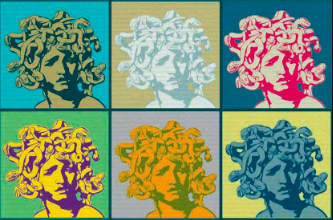
Gender and the Political: Deconstructing the Female Terrorist
Author Amanda Third makes an account of the way that the religious right in the United States draws connections between the feminist movement, and terrorist attacks that occur on U.S. soil. Important…
Stanford “Disorientation Guide” (2005)
Published in 2005 by student activists, this Stanford University “Disorientation Guide” did an in depth analysis of the history of Standford Unviersity in relation to racism, sexism, and capitalism.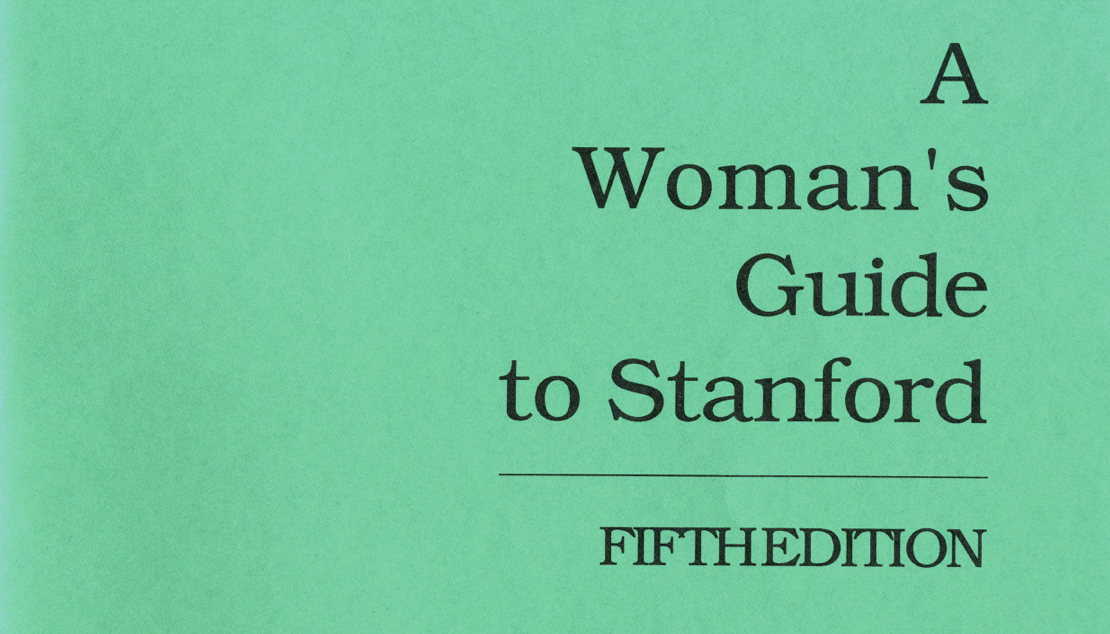
A Woman’s Guide to Stanford (1986)
The Women’s Guide to Stanford Collective was an organization of women at Stanford University who would yearly publish handbooks of what were essentially survival guides to being a woman at the univers…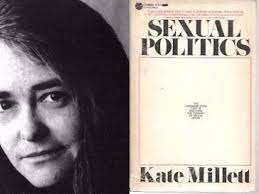
The Theory of Sexual Politics (1969)
Kate Millett’s Sexual Politics discusses the ways in which the patriarchy infiltrates everyday experiences of women, including sexual relations. This chapter – chapter two – is titled the Theory of Se…
The Radical Women Manifesto – Platform (2001)
The Radical Women Manifesto: Socialist Feminist Theory, Program and Organizational Structure is the manifesto of the Radical Women (RW). RW is an intersectional, multi-issue based organization rooted…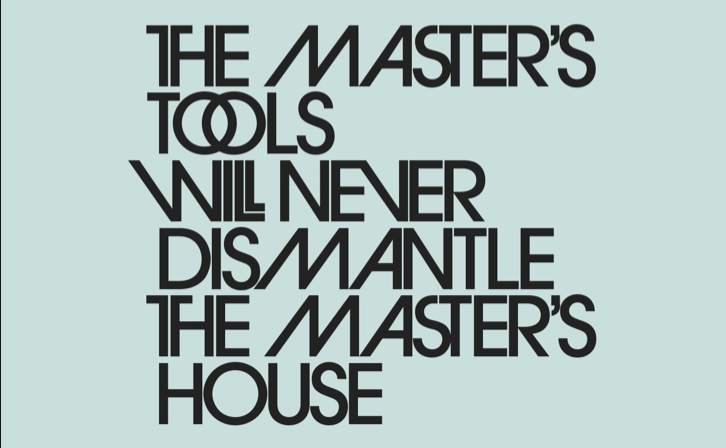
The Master’s Tools Will Never Dismantle the Master’s House (1984)
In 1984, In 1985, feminist, civil rights activist, and librarian Audre Lorde published “The Master’s Tools Will Never Dismantle the Master’s House”. The essay argued for the dismantling of the current…
S.C.U.M Manifesto (1967)
Often noted as one of the most radical texts of the women’s liberation movement, the SCUM Manifesto created space for imagining new and innovative solutions for the oppression of women.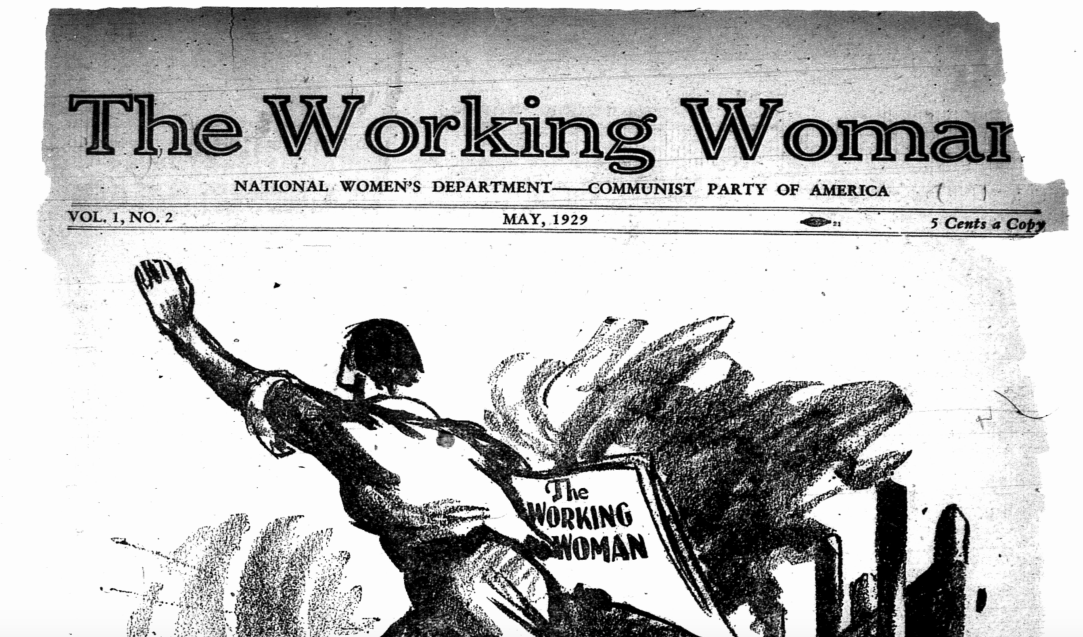
The Working Woman – CPUSA – The Woman Today (1937)
In the mid-1930s, as the Communist Party in the United States attempted to navigate a complex process of self-definition, the inclusion of women in politics reflected the Party’s negotiations with reg…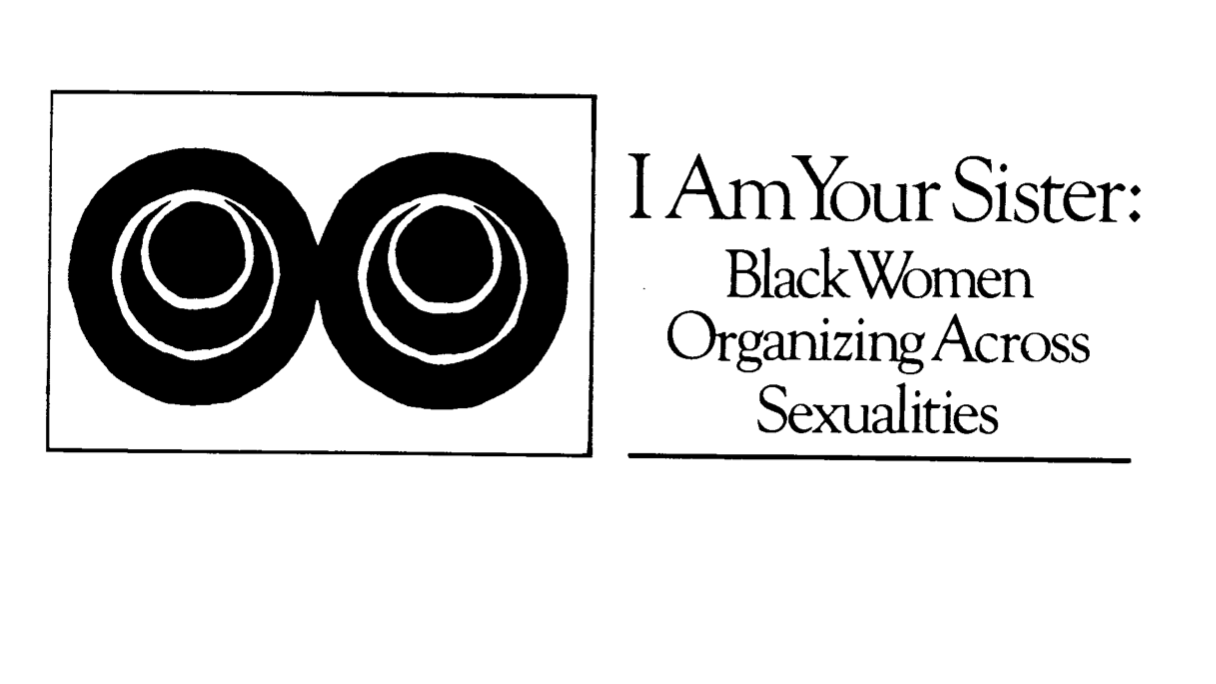
I Am Your Sister: Black Women Organizing Across Sexualities (1985)
In 1985, feminist, civil rights activist, and librarian Audre Lorde published “I Am Your Sister: Black Women Organizing Across Sexualities”. The essay was centered around organizing black women in the…
The Political Invention of the Feminist Strike – L. Cavallero & V. Gago (2021)
Luci Cavallero and Verónica Gago discuss the March 8th feminist strike in Argentina in both global and historical context. They argue that the strike disrupts multiple domains of patriarchal society…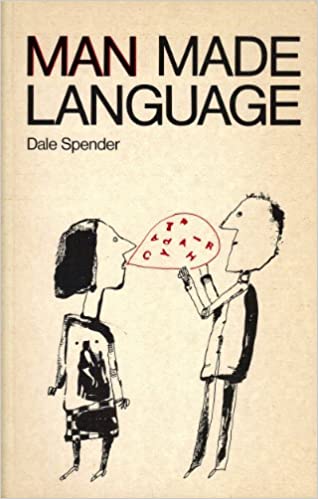
Man Made Language (1980)
Written in 1980, this introduction to Dale Spender’s Man Made Language explores the patriarchy and its presence in language. Spender discusses how language has been a means for constructing and sust…
The Redstockings Manifesto (1970)
Founded in 1969 in New York City, The Redstockings, short for Redstockings of the Women’s Liberation Movement, published their manifesto in 1970. The radical feminist group mobilized women primarily t…
The Approaching Obsolescence of Housework: A Working-Class Perspective (1981)
In 1981, Angela Davis Published “Women, Race, and Class”. The book analyzes the women’s liberation movement through the lens and intersection of racism and classism. Chapter 13, “The Approaching Obsol…
Do women have to be naked to get into the Met. Museum? by the Guerilla Girls (1989)
This poster was created by the Guerilla Girls as a way to disrupt our passive consumption of art and our implicit acceptance of patriarchal values that determine the legitimacy of art.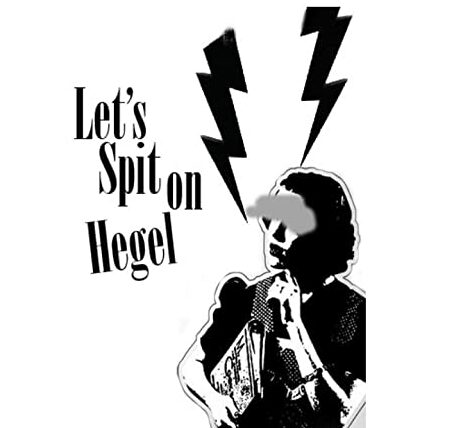
Lets Spit on Hegel – Carla Lonzi (1970)
Carla Lonzi, leading member of the Italian feminist collective Rivolta Femminile, 1970 pamphlet against patriarchal thought, history, and time. In this text Lonzi attacks Hegel (and Marx’s) notions of…